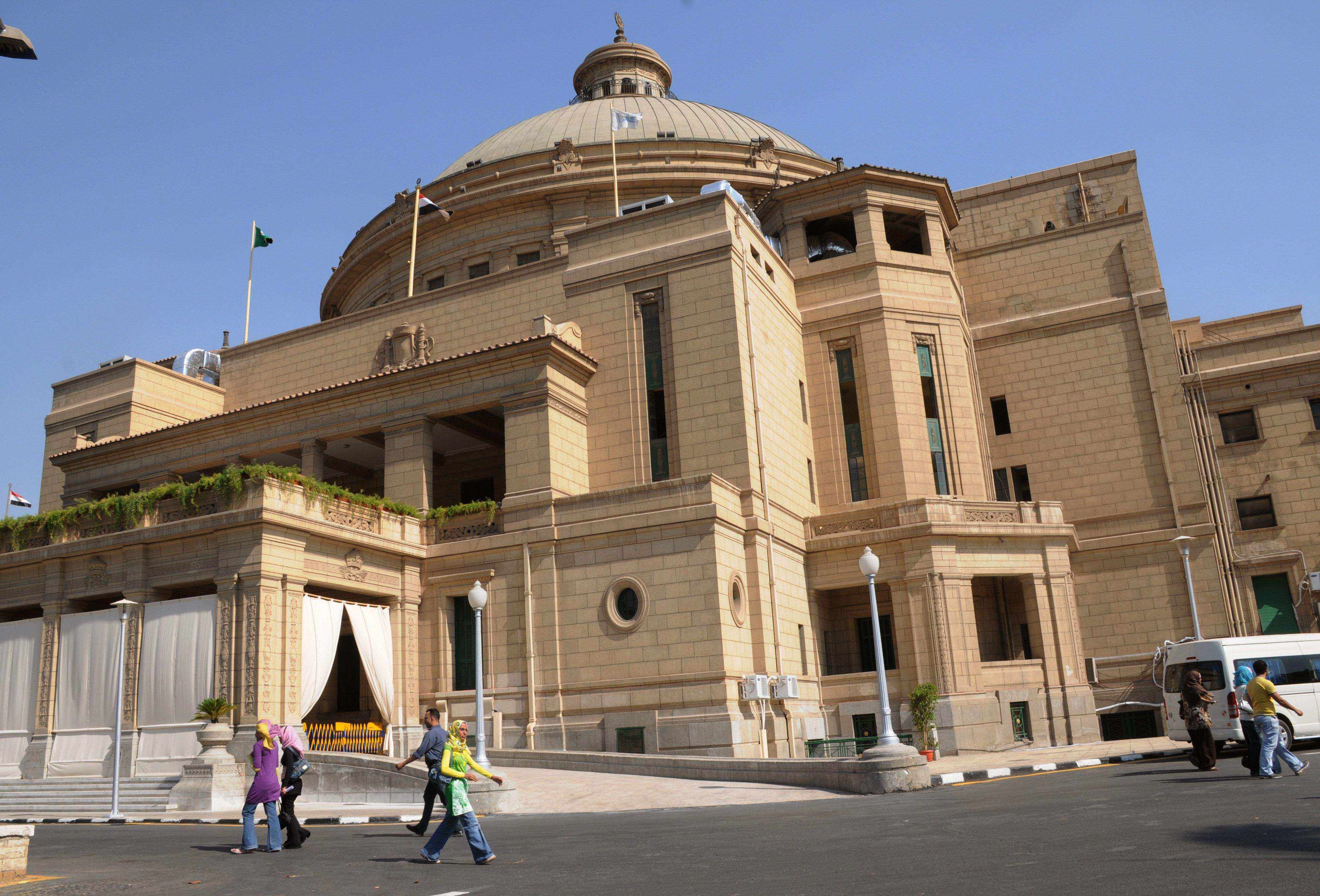CAIRO: Privatization has become a bad word, a fellow journalist told me recently. No one wants to be associated with it.
This reflects the popular sentiment following the sale of Egyptian American Bank and the ongoing bid for Omar Effendi. The latter, with some 6,000 workers, is said to be worth more with its assets alone than with its employees, at least according to the government, implying that the workers are worth less than nothing. It should come as no surprise that such an insinuation will be offensive to the public.
But this is only the beginning of the government s privatization program. Since July 2004, 11 state-owned companies have been sold; a further 45 will be up for sale in the near future. Amongst these are the nation s third-largest bank (following the merger of Banque du Caire and Bank Misr) and the country s sole tobacco producer through which the government indirectly subsidizes the most popular cigarette brand.
Another aspect of the government s economic agenda that is sure to face resistance is the revision of the system of subsidies. The prime minister and a number of his ministers have made it clear that they intend to completely overhaul the way commodity subsidies are distributed; particularly fuel subsidies. They say that fuel subsidies benefit the poor more that the rich, give an unsustainable competitive advantage to Egyptian industry and drain public funds that can be better spent elsewhere. Nevertheless, restructuring fuel subsidies is still likely to draw uproar from affluent factory owners and down-trodden taxi drivers alike.
Clear communication and engagement with the public is therefore increasingly important as the government s economic policies become more ambitious and contentious, and this week s Economist Conference is a good example of how not to engage the public. Several prominent policymakers and businesspeople participated in this highly staged event.
Business daily Al-Alam Al-Youm published a 16-page supplement about the conference before it even began. The event started with a closed briefing for participants by the moderator, from which security guards warded off the press. Journalists were then allowed to enter the meeting room, where they were cordoned off in the back, away from the other participants.
Following a speech by Prime Minister Ahmed Nazif, reporters were ushered away in order to allow policymakers and businesses to discuss the future of the rest of us in, according to the organizers, an open and comfortable environment. The few journalists that were permitted to attend the discussions were forbidden from writing about it by the organizers.
The result was a meeting that was high on prestige and short on substance. As a consequence of its exclusiveness, the debate lacked vigor and failed to bring forth any new issues. It was, in other words, a waste of time, both for its audience and for the policymakers who themselves admit the importance of engaging the public in a dialogue about their economic destiny.
An open dialogue, which the Economic Conference purports to be, is especially critical for a cabinet that is already seen as being too close to business. Many ministers were formerly businessmen and the respected independent daily Al-Masry Al-Youm compared the cabinet recently to a board of directors of a multinational company; some of our readers might think this is flattering, but it wasn t meant to be.
Few serious observers will deny the need for substantial changes to the economy, both as a result of global conditions and for the intrinsic benefit of the nation. The word disaster remains a favorite predicate of many when referring to the present state of the economy.
Meanwhile, the government s economic policies have just begun to dig below the surface, generating increased foreign investment and somewhat accelerated growth. Going forward, fundamental legislative changes will require political determination for which public consent will be a decisive factor. Policymakers should therefore focus their efforts on engaging the public and not shy away from scrutiny, nor should they participate in conferences that discourage active debate.
